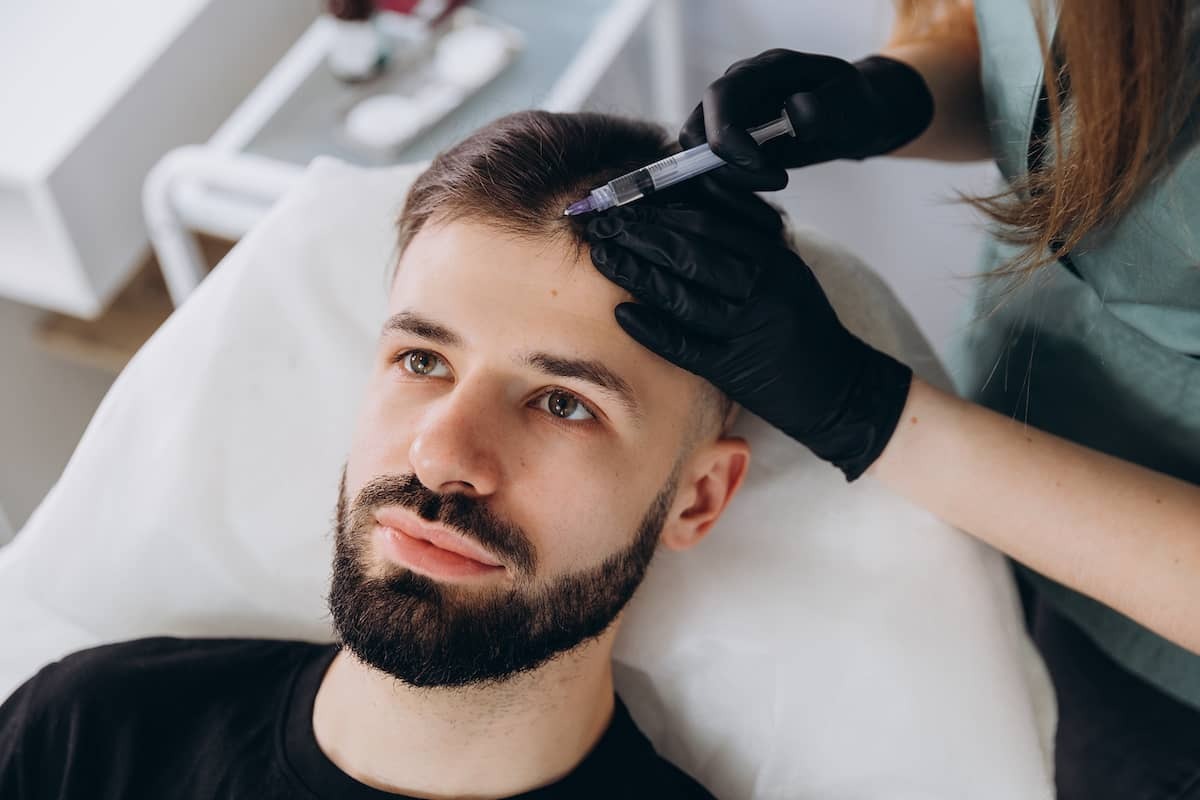Understanding Hyperhidrosis: Causes and Treatment Options
Hyperhidrosis is a medical condition characterized by excessive sweating beyond what is necessary to regulate body temperature. This condition can significantly impact a person's quality of life, causing discomfort and embarrassment. In this guide, we will explore the causes of hyperhidrosis and the treatment options available at The Skin Clinic.
Causes of Hyperhidrosis:
Hyperhidrosis can be primary (idiopathic) or secondary to an underlying medical condition. While the exact cause of primary hyperhidrosis is unknown, it is believed to be related to overactive sweat glands or abnormalities in the nervous system. Secondary hyperhidrosis may be triggered by medical conditions such as:
- Hormonal imbalances
-
Thyroid disorders
- Diabetes
- Infections
- Menopause
- Obesity
- Anxiety or stress
- Neurological conditions
Symptoms of Hyperhidrosis:
Symptoms of hyperhidrosis may vary depending on the severity of the condition and the areas affected. Common symptoms include:
- Excessive sweating that is not related to physical activity or temperature
-
Profuse sweating in specific areas such as the armpits, palms, soles of the feet, or face
- Moist or clammy skin
- Skin irritation or infections due to prolonged exposure to moisture
- Social or emotional distress due to embarrassment or self-consciousness
Treatment Options at The Skin Clinic:
At The Skin Clinic, we offer comprehensive treatment options to help manage hyperhidrosis and improve the quality of life for affected individuals. Our treatment approach may include:
Prescription Antiperspirants:Your doctor may prescribe antiperspirants containing aluminum chloride, which can help reduce sweating by blocking sweat gland activity.
Prescription Creams: Topical medications may be prescribed to help control excessive sweating and minimize moisture-related skin problems.
Nerve-Blocking Medications:Oral medications that block the signals between nerves and sweat glands may be prescribed to reduce sweat production.
Antidepressants:Certain antidepressant medications have been found to effectively reduce sweating by altering neurotransmitter levels in the brain.
Botulinum Toxin Injections: Botulinum toxin injections, commonly known as Botox, can be administered to temporarily block the nerves that stimulate sweat production, providing relief from excessive sweating for several months.
Conclusion:
Hyperhidrosis can significantly impact a person's daily life, but effective treatment options are available to help manage symptoms and improve quality of life. If you are experiencing excessive sweating or related symptoms, we encourage you to schedule a consultation at The Skin Clinic to explore personalized treatment options tailored to your needs. Our experienced healthcare providers are dedicated to helping you achieve relief from hyperhidrosis and regain confidence in your skin.

